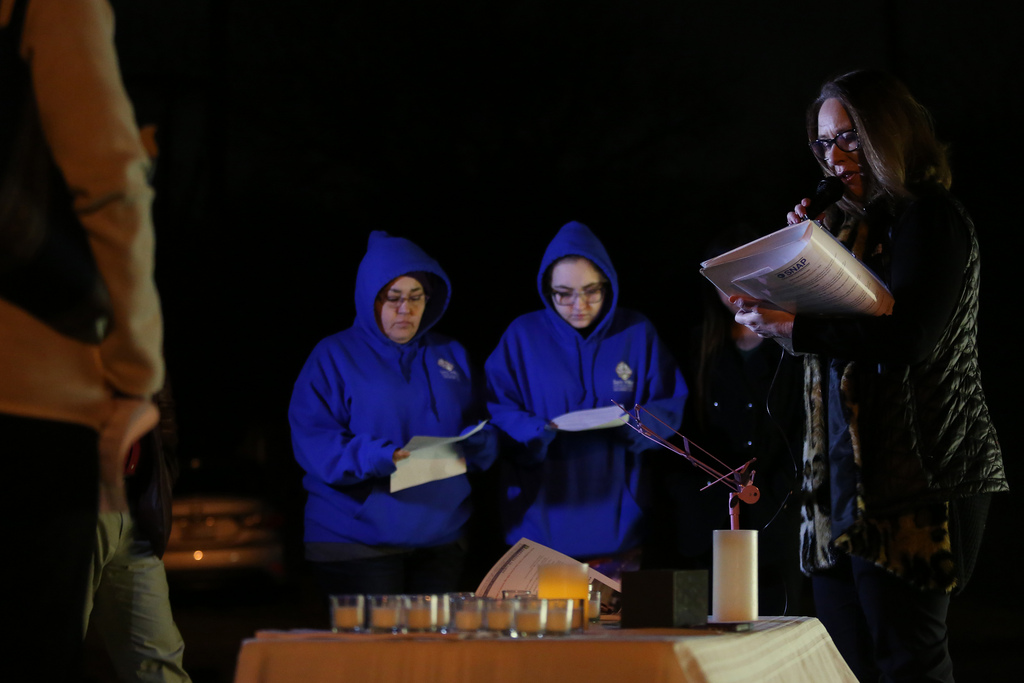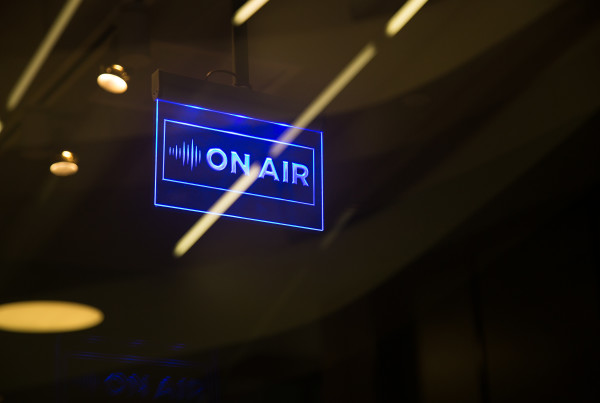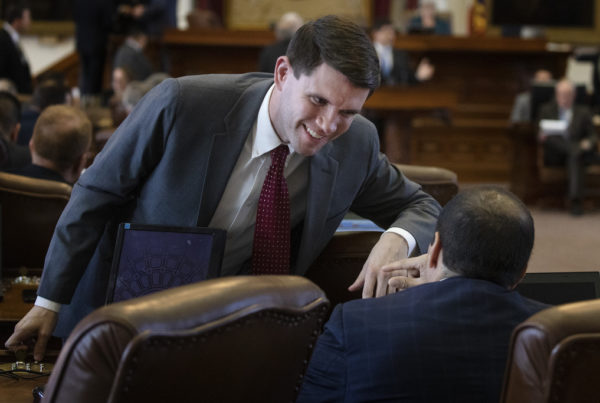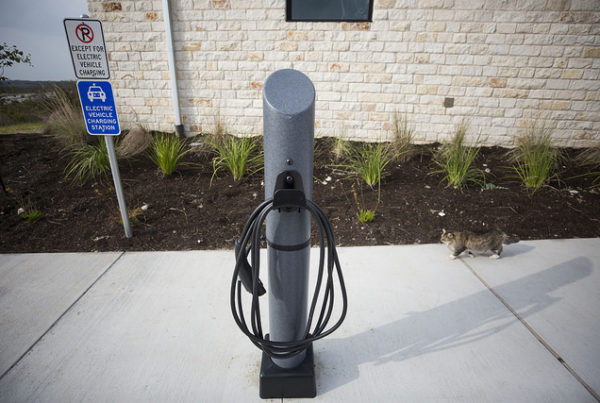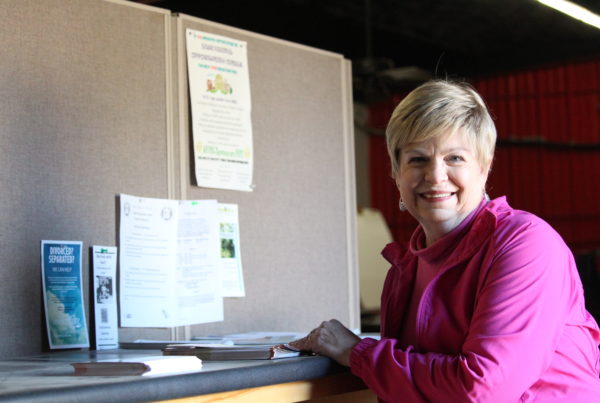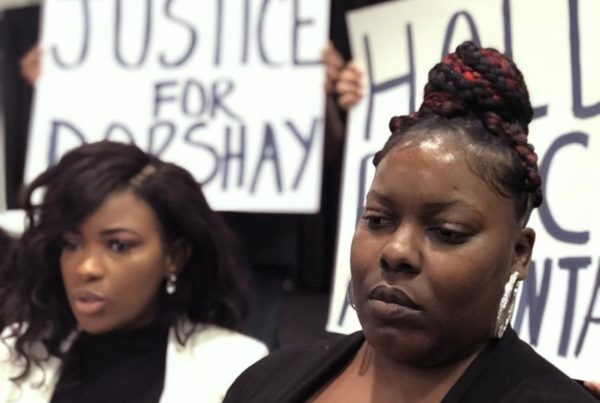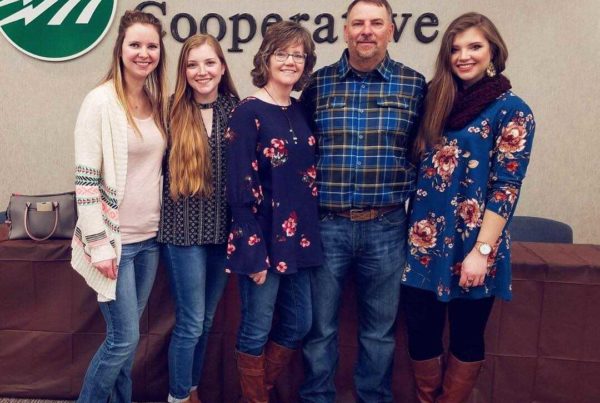On Thursday, 15 Texas Catholic dioceses plan to release a list of bishops, priests and other Catholic clergy who, according to the church itself, have been “credibly accused of sexually assaulting minors.”
The list is reported to include those alleged of abuse as far back as the 1950s; for many of these cases, it’s the first time they’re getting any public scrutiny. There are more than 4.5 million Catholic Texans, according to the Texas Almanac, and it’s the single largest religious community in the state.
The church itself is making the determination of whether an accusation is credible or not, and the release of the list doesn’t mean any criminal charges have been filed against the alleged abusers. In a church newsletter obtained by Houston TV station KPRC, which is set for release on Sunday, church leaders appear to anticipate fallout among parishioners. “There is no excuse for such acts, and clergy should be held to the highest standard.”
Many have been waiting for this day since last October when the church announced it was preparing the list. Patti Koo leads the San Antonio chapter of SNAP, the Survivors Network of those Abused by Priests. Despite the potential fallout from the lists, Koo says it will also be an empowering experience for abuse survivors.
“When you see your predator’s name and you see that people recognize what they’ve done to you, it can be very healing,” Koo says.
Koo says she worked with a local rape crisis center to better understand how to support those whose trauma memories may be triggered by the release of the list. She says such places can be helpful resources for survivors.
“They’re very well-equipped. … They have a number of counselors that would be excellent in talking to people who are survivors,” Koo says. “There are] high rates of PTSD and depression in folks that have experienced abuse, and that can get triggered throughout a legal process if they’re going through that.”
Koo says she’s a survivor of abuse by both a pastor and a counselor, so she says she’s very particular about who she goes to for help. But she says she’s confident that rape crisis counselors could be a good source of support.
SNAP also holds monthly support group meetings for clergy-abuse survivors. Koo facilitates the meetings, which are confidential. And while she’s not a mental health professional, she says she and the group can offer valuable peer support.
“We support them because we’ve been through this ourselves,” Koo says. “It’s a way of sharing our story, and listening and not judging and not telling people what to do.”
Koo says listening is powerful when it comes to helping others – and one’s self – recover from past abuse. And it doesn’t really matter where the abuse happened. Koo herself was abused by a pastor, not a Catholic clergy member.
“We know it’s not just the Catholic Church,” Koo says. “Clergy abuse is not new … but the saddest thing about clergy abuse – I think it’s true with any abuse, too – it’s just hard for people to come forward.”
While the Texas dioceses are taking a positive step with the list, Koo says there is still a long way to go to truly address abuse in the church.
“When we talk about the Catholic Church, there’s so much going on there as far as the hierarchy and the secrets,” Koo says. “That’s a lot of sickness within a system that needs work.”
She says that work can be done by those inside the church, but also outsiders who can bring a different perspective.
“We have a long way to go … but it’s a good beginning,” Koo says.
Listen to the full story in the player above.
Written by Caroline Covington.


